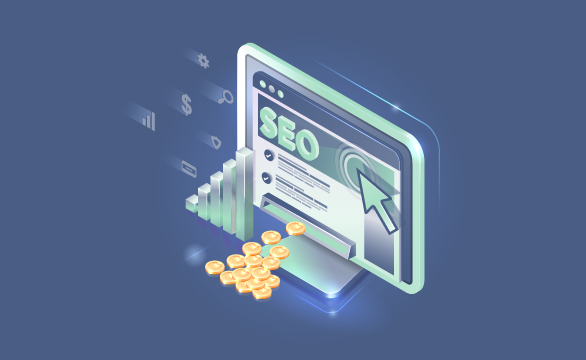

What if a few simple SEO changes could be the key to doubling your revenue?
You’ve been working hard on your website. Yet the traffic and sales are not where they should be.
It is annoying when people can not seem to find your business, even through you offer excellent goods and services.
What if you could double your sales and traffic with a few smart changes?
Yes, this is possible.
If you use the right SEO strategies, you can make things better.
The right SEO strategy can elevate your site’s visibility. It can drive more traffic and convert those visitors into paying customers.
Here we will show you the ultimate SEO checklist for 2022. Which is designed to boost your rankings and help you 2x your revenue.
Let's get started!
If you want to double your revenue, SEO is the way to go. Let’s dive into the essentials.
Every SEO strategy begins with keyword research.
You can make content that speaks to your audience if you know what they are looking for.
But it is not just about finding popular keywords.
You need to focus on long-tail keywords that have lower competition but are more targeted.
Use ETTVI’s Free Keyword Tool to identify keywords. Go to the tool and put your main keywords in the tool and click the “Check” button.
The tool will instantly provide a list of trending keywords relevant to your main keyword.
Make sure you also include LSI keywords. These should be related terms Google uses to understand the context of your content.
Here is an example to understand better.
Primary keyword: “SEO checklist.”
Long-tail keyword: “SEO checklist for beginners.”
LSI keywords: “optimize website for SEO,” “SEO ranking factors”
The more specific your keyword strategy is, the more targeted traffic you will attract.
This brings in qualified leads. Which ultimately increases your chances of conversions.
Once you have nailed down your keywords, the next step is to optimize your pages.
On-page SEO refers to everything you do on your website to improve rankings. These include optimizing meta titles to use internal links.
Here is a breakdown of key on-page elements:
Include your main keyword in the title tag and meta tags. Keep it under 60 characters.
Write a compelling meta description (under 160 characters) that encourages users to click on your link. Incorporate your main keyword naturally.
Break up your content with headings. Use keywords in at least one H1 and H2 tag.
Keep your URLs short, descriptive, and keyword-rich.
Link to other relevant pages on your site. This helps Google understand the structure of your website and keeps users engaged longer.
Further Read: Why External and Internal Links are Important for SEO
For example, if you are writing a blog post on “SEO tips,” link to another blog that discusses “content optimization for SEO.”
Search engines use image alt text to index images properly. So use descriptive and relevant alt text.
It helps improve your website’s SEO. Also, it enhances your image search rankings.
Make sure your on-page SEO strategy is mobile-responsive.
Because on-page SEO success depends on making sure your website works well on mobile devices.
Content remains a critical part of SEO.
Google rewards websites that provide valuable, informative, and relevant content to users.
But it is not just about writing blog posts anymore.
Here are some things you should do to improve SEO of content:
Regularly update your existing content. Google loves fresh information.
Longer articles tend to rank higher. Aim for at least 1000–1500 words. According to HubSpot, blogs with ideal lengths of between 2,100 and 2,400 words tend to perform better in search engines than shorter ones.
Optimize your content to answer common questions people ask about your industry.
Break up your content with images, infographics, or videos. This keeps readers engaged and lowers bounce rates.
Technical SEO involves optimizing the backend of your website. This ensures it is easy for search engines to crawl and index your pages.
If you miss out on technical SEO, even the best content would not rank.
This is what you need to check:
Google considers page speed as a ranking factor. Make sure your website is loading quickly.
Use ETTVI’s Website Speed Test tool to check your load time. Go to the tool and paste the link of your website. The tool will provide useful insights about the loading speed, score, content size and more.
Google uses mobile-first indexing. Because over 50% of internet traffic comes from mobile devices. So, make sure your website is mobile responsive.
Submit an XML sitemap to Google Search Console. So that Google can crawl and index your pages effectively.
Further read: What is Crawl Budget? How to Save it and Solve Indexing Problem
Secure your website with HTTPS. Google favors secure websites and users trust them more.
You can run a technical SEO audit using ETTVI’s Website Audit Tool. It ensures your site’s backend is in tip-top shape.
Off-page SEO is all about building your site’s authority by earning backlinks from other reputable websites.
The more quality backlinks you have, the higher your site will rank.
Some strategies to build backlinks include:
Write articles for other websites in your industry and include links back to your site.
Partner with influencers who can link to your website in their content.
Find broken links on other sites; reach out to the webmasters. Also, suggest your content as a replacement.
For instance, a digital marketing blog links back to your article on "SEO strategies for small businesses."
Building authority takes time. But it is one of the most effective ways to improve your SEO ranking and bring in long-term results.
Further read: On-page Vs Off-page SEO: Complete Guide
Google cares about how users interact with your site.
If users land on your website and immediately leave (high bounce rate), it signals to Google that your content is not according to the user intent or user-friendly.
If you want to improve the user experience, then follow these points:
It was already said that speed is very important. According to Google, websites that load in 2 seconds have an average bounce rate of 9%, while websites that load in 5 seconds have a 38% bounce rate.
Make it easy for users to find what they are looking for with simple navigation.
Ensure a smooth experience for mobile users.
Keep your visitors on the page by making your content easy to read and engaging.
Use bullet points, short paragraphs, and visuals to break up text.
If you run a local business, you can not ignore local SEO.
Local SEO helps you rank higher in Google’s local search results. So people in your area can easily find you.
Here is how to optimize for local SEO:
Claim and verify your Google My Business listing. Make sure your information is accurate and up-to-date.
Use local keywords such as “best SEO agency in New York” or “plumbers in Los Angeles.”
Encourage happy customers to leave positive reviews. Google values businesses with higher ratings.
Get your business listed in local directories like Yelp, Yellow Pages, and others.
Regularly update your Google My Business profile with posts, images, and special offers to engage with potential customers.
SEO is a long-term game. The only way to know if your efforts are working is to track your performance.
Use analytics tools to monitor your traffic, rankings, and conversions. You can use the Google Analytics tool to track website traffic, user behavior, and conversion rates.
Even though social media does not have a direct effect on your SEO rankings.
But it can still help bring more people to your site and raise awareness of your brand.
If you share your content on platforms like Twitter, Facebook, and LinkedIn, it can attract more visitors. They may link back to your site.
Social media can be useful if you:
Promote your blog posts, articles, and product pages.
Respond to comments and engage with your audience to build a loyal community.
Help people discover your content by using relevant hashtags.
The more your content is shared, the more likely it is to attract attention and generate backlinks. This will help your SEO.
SEO is constantly evolving.
But with this ultimate SEO checklist, you will be well on your way to improving your rankings, driving more traffic, and doubling your revenue.
Every step of your strategy—keyword research, on-page optimization, and off-page authority—is important.
Use ETTVI's SEO tools to simplify and speed up the process.
Keep in mind!
SEO is a long-term investment.
But when done right, the rewards are well worth the effort.
Start optimizing today and watch your revenue grow!

2024-06-25

Writing is a fundamental skill for academic success, right? Well, it's a powerful tool for communication that spans careers and lifetimes as well.
2024-06-25

Expert Tips for Sustainable SEO Success. Everyone wants SEO results that last. It's frustrating when our website goes up in rankings but then drops again after a few weeks.
2024-06-08

Ever felt like you're pouring your heart and soul into content creation, but the traffic trickle is more like a desert mirage? Frustrating, right? Here's the thing:
2024-05-28
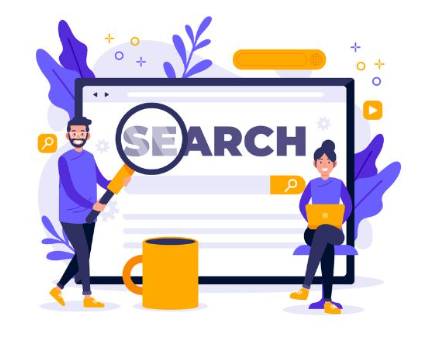
9 Tips to Boost SEO Ranking of Blog Posts and Articles. In this competitive online world, content helps you shine as a star. It aids you in taking your site to new heights.
2024-05-24
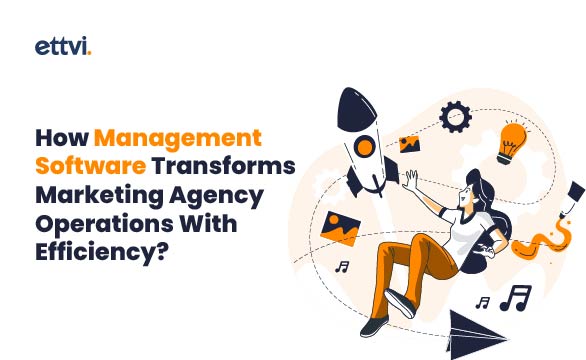
Efficiency and streamlined operations are important for success in the marketing field. As marketing agencies juggle multiple projects, clients, and campaigns, the need for robust management systems.
2024-05-22
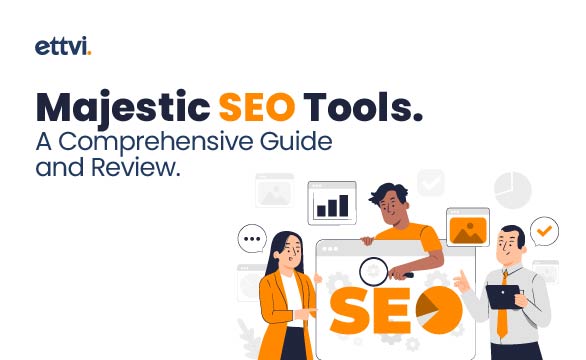
A Comprehensive Guide and Review - The kingpin and paramount strategy for online success in the ever-advancing world of digital marketing is search engine optimization (SEO).
2024-04-24
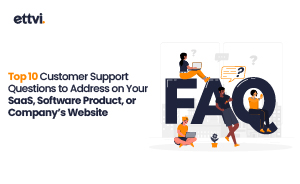
Top 10 Customer Support Questions to Address on Your SaaS, Software Product, or Company’s Website
2022-07-14
.png)
SEO optimized content is the main part of any SEO strategy. So, without optimization of your content, it is nearly impossible to rank high in search engines.
2022-07-13

Meta tags are pieces of code that tell search engines how to display your web page in search results, as well as how important the information is.
2022-07-03
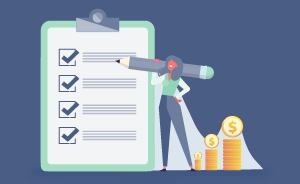
This basic SEO checklist 2022 explains the best practices for SEO, it indicates which issues need to be resolved and provides tips on how to correct those issues.
2022-06-05

The goal of on-page optimization (or on-site SEO) is to make a website rank higher in search engines for specific keywords, so that organic traffic increases.
2022-02-05

People usually want to know how to rank high on Google? There are several techniques to follow if you want to rank your website higher in the search engines.
2022-01-18
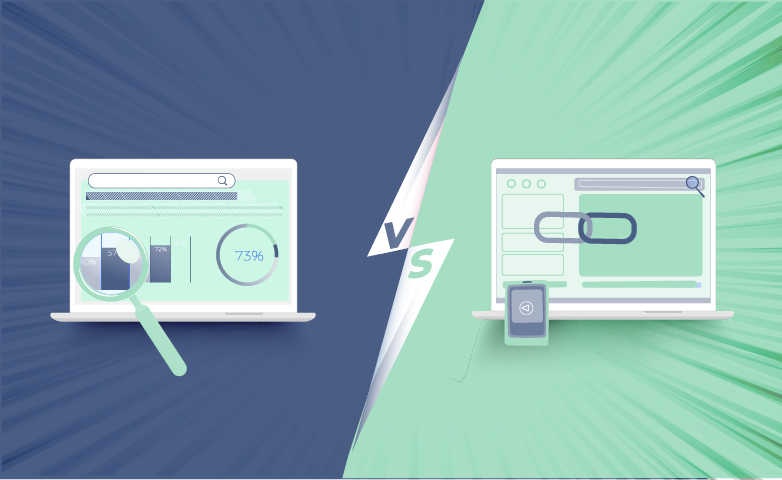
In on-page SEO you optimize the parts of your website or webpage that you can control, whereas in off-page SEO you increase the authority of your domain.
Stay up to date in the email world.